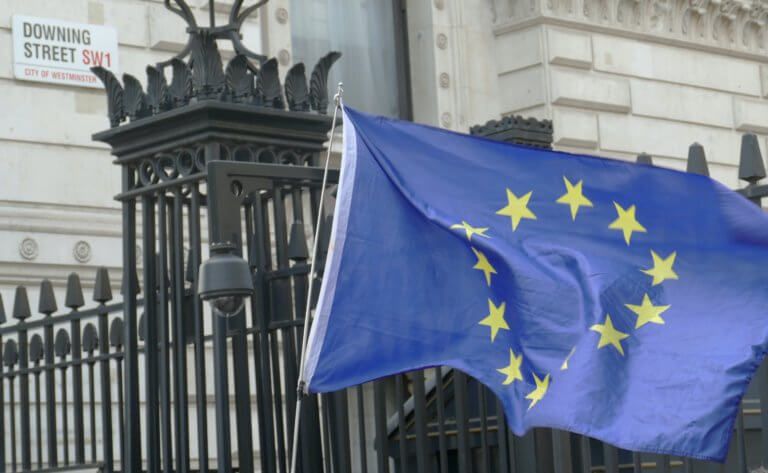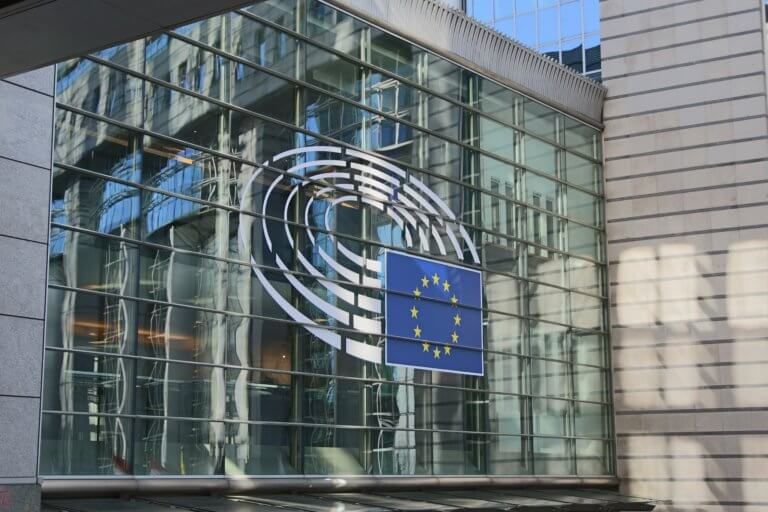Blog

Portuguese authorities recently published the long awaited regulation on unique ID number (ATCUD), in preparation for the entry into force of this requirement on 1 January 2021. Even though this effectively meant that a significant piece in the puzzle had now become available to the public, the Portuguese tax authority has postponed the requirement until […]

If you listen carefully, you can hear the tick tock of the Brexit clock growing ever louder. As 31 December looms into view, there’s lots to consider from a VAT point of view. One area business must get up to speed with is the movement of goods between the EU and the UK post-Brexit. Whether […]

In September, the Ningbo Municipal Taxation Bureau (NMTB) of the State Taxation Administration (STA) announced a pilot programme enabling selected taxpayers operating in China to issue VAT special electronic invoices on a voluntary basis. China’s VAT invoices China has two types of VAT invoices: VAT special invoices and VAT general invoices. The first type may […]

In our Brexit and VAT series, we delve into some of the most important issues of the day to bring you clarity and advice. Last week we looked at goods, services, and VAT. This week, we address UK border controls post-Brexit and importing goods. Movement of goods post-Brexit Currently, the concept of dispatches and acquisitions […]

The sands of transition period time are draining away. As we edge ever closer to the final Brexit deadline, there are a raft of VAT related considerations for businesses to attend to. Though uncertainty reigns about the shape of the trading relationship, most of the Brexit scenarios up for debate would render the UK a […]

Oman is on its way to introduce VAT. After the approval of the State Council and the Shura Council the draft law was sent for final approval to Sultan Haitham Bin Tariq Al Said. If the draft law is approved, VAT is expected to be implemented in 2022. Background Gulf Cooperation Council (GCC) member states […]

With a VAT gap across EU countries estimated at €140 billion in 2018, tax authorities are continuing to take steps to boost revenues, increase efficiency and reduce fraud. As a result, VAT compliance obligations are becoming more demanding. Failure to comply can not only result in significant fines but also reputational damage. Many multinational companies […]

Part 2: Main Aspects of the 2nd Modification of the Miscellaneous Fiscal Resolution for 2020 In addition to the provisions related to digital services explained in Part I of this blog, the second Modification to the Miscellaneous Fiscal Resolution for 2020 (RMF2020) also introduced the following changes related to VAT obligations, the use of electronic […]

Part 1: Main Aspects of the 2nd Modification of the Miscellaneous Fiscal Resolution for 2020 The Mexican Tax Administration (SAT) released the second modification of the Miscellaneous Fiscal Resolution for 2020 (RMF2020). This is the first of two blogs, where we address some of the main changes in compliance obligations for suppliers of digital services […]

Since 31 January 2020, the UK is officially no longer part of the EU but is considered a third country to the union although EU legislation will still apply to the country until the end of 2020. Although Northern Ireland is part of the UK, the region will remain under EU VAT legislation when it […]

The European Commission recently opened a public consultation on a carbon border adjustment mechanism (CBAM) to maximise the impact of tax in meeting the EU’s climate goals. A CBAM would reduce the risk of carbon leakage, which occurs when production is moved to countries with less robust climate policies, by ensuring that import prices better […]

As anticipated, further information has been published by the Portuguese tax authorities about the regulation of invoices. Last weeks’ news about the postponement of requirements established during the country’s mini e-invoice reform, and the withdrawal of a company’s obligation to communicate a set of information to the tax authority, culminated in the long-waited regulation about […]

The United Kingdom’s HMRC has issued new guidance on the VAT treatment of cross-border sales of goods and online marketplaces beginning 1 January 2021, following the end of the transition period. Cross-Border Sales under £135 New rules will apply when a business sells goods for £135 or less to a UK customer and the goods […]

On 15 July 2020, the European Commission (EC) adopted a new Tax Package, intended to increase tax compliance while reducing administrative burden on businesses. The Tax Package contains a number of proposals related to VAT, of which three in particular stand out: A single EU VAT registration for taxpayers; Modernized VAT reporting obligations; and Facilitated […]

At a time when the global VAT landscape is undergoing significant change, we teamed up with Shared Services Link to understand more about the key challenges faced by AP and VAT professionals at multinational companies and what their focus is for 2021 and beyond. What remains clear is that pace of digital change is increasing […]

Addressing Base Erosion and Profit Shifting (BEPS) has been a key priority of governments around the world. The Organisation for Economic Co-operation and Development (OECD) has been working for years to tackle taxation issues across the globe. Much of the world has expressed concern about tax planning by multinational enterprises that make use of gaps […]

Taxpayers with annual gross sales of TRY 5 million and above are obliged to use e-invoice or e-arşiv invoice from 1 July 2020. Although the e-invoice has the same qualities as a paper invoice, there are occasions where it should be treated differently such as for cancellations and refunds. What is a refund invoice? A […]

The world has witnessed how several Latin American countries have successfully adopted e-invoices to replace paper versions and close VAT gaps – the difference between the revenue governments are entitled to receive and what they de facto manage to collect. The positive effects of mandatory e-invoicing regimes, such as achieving simplification of the invoicing […]